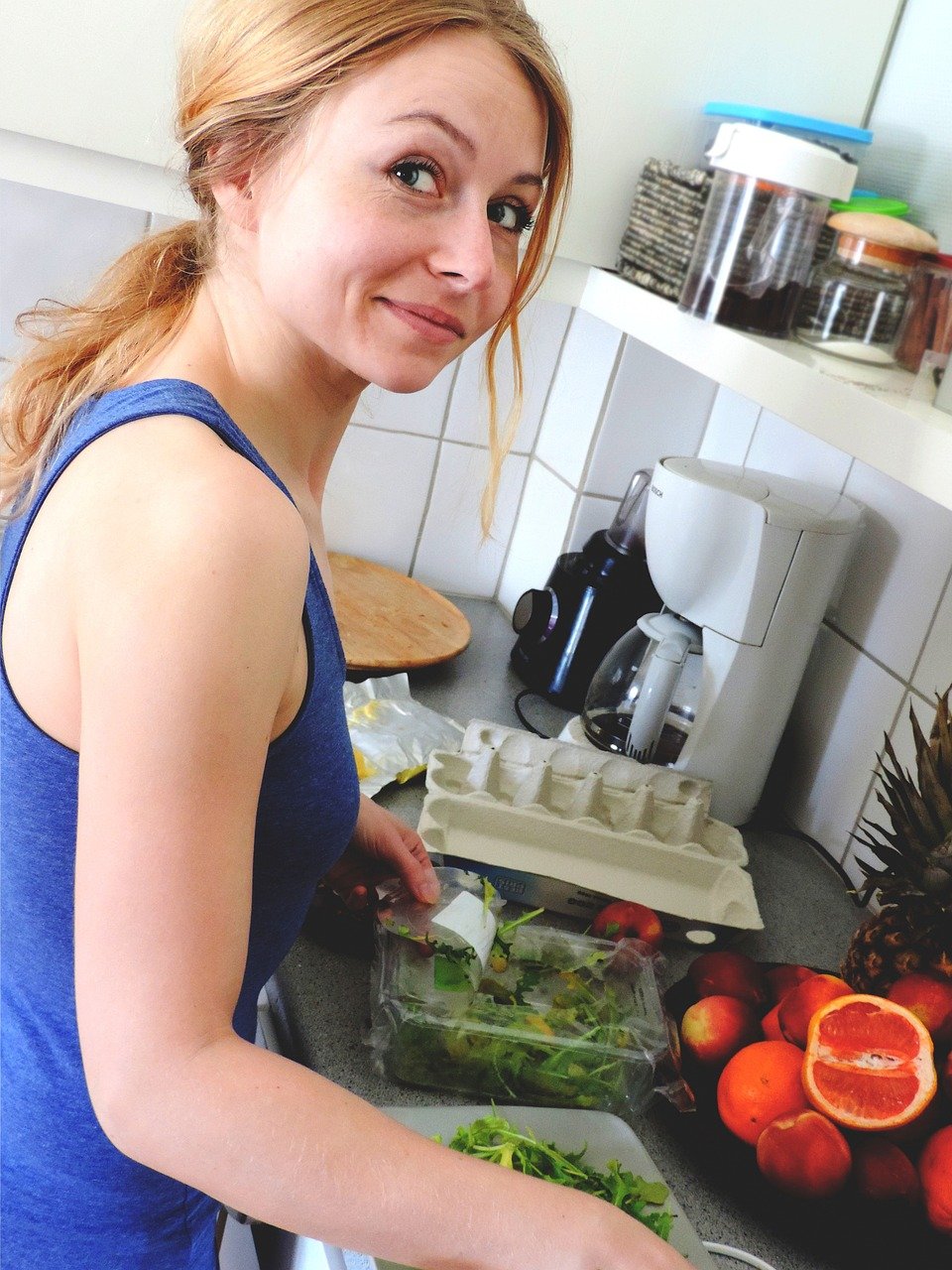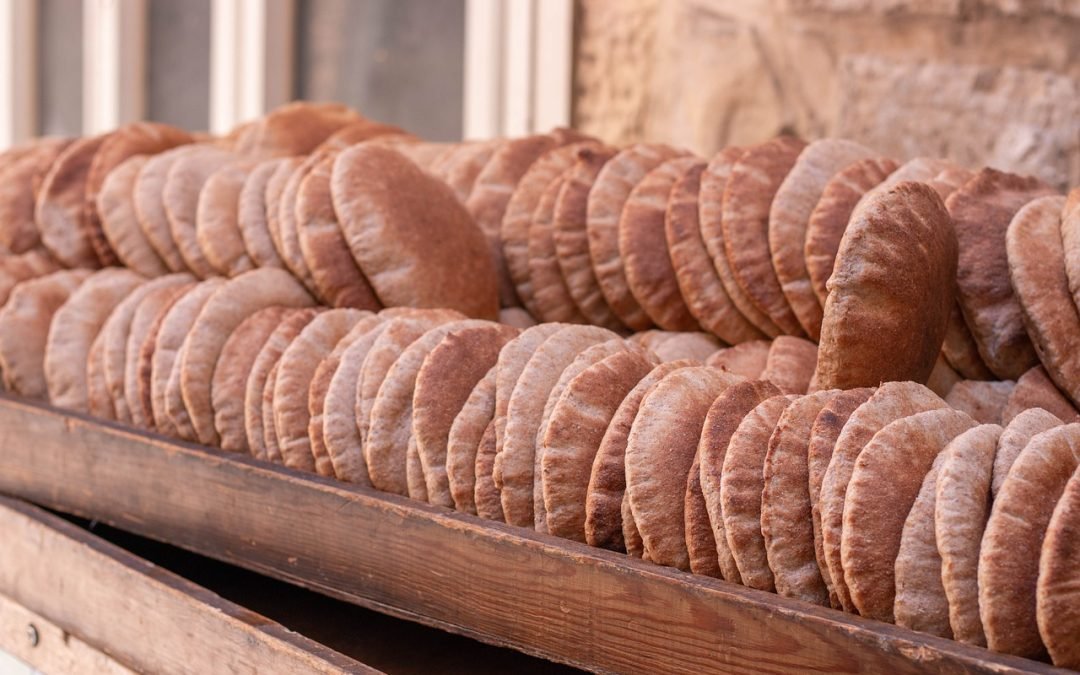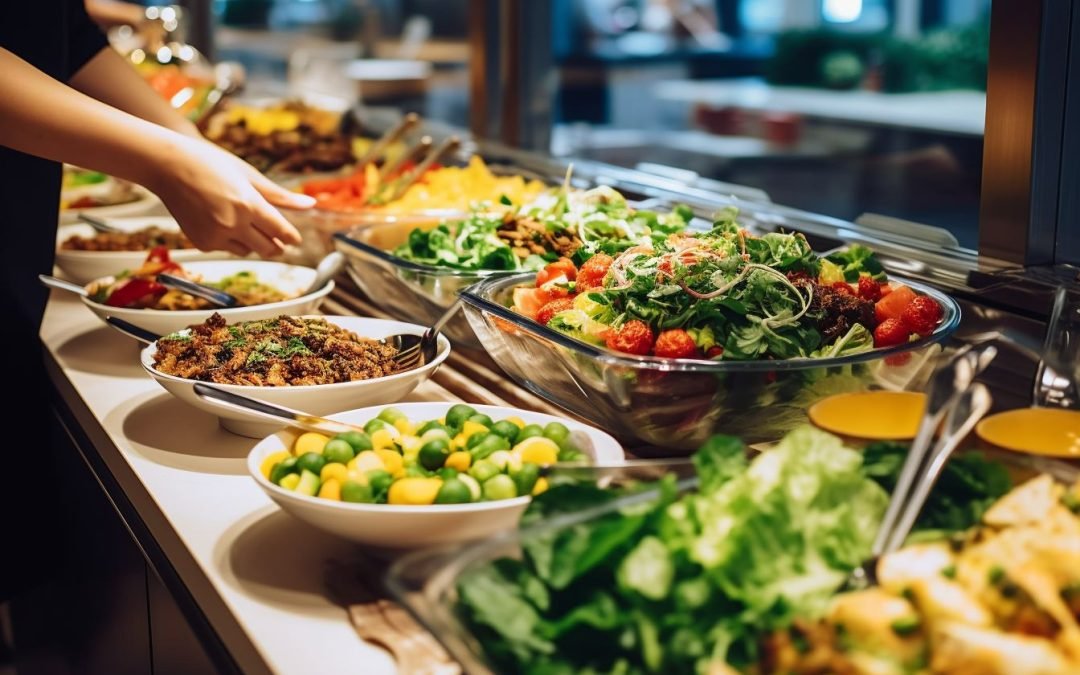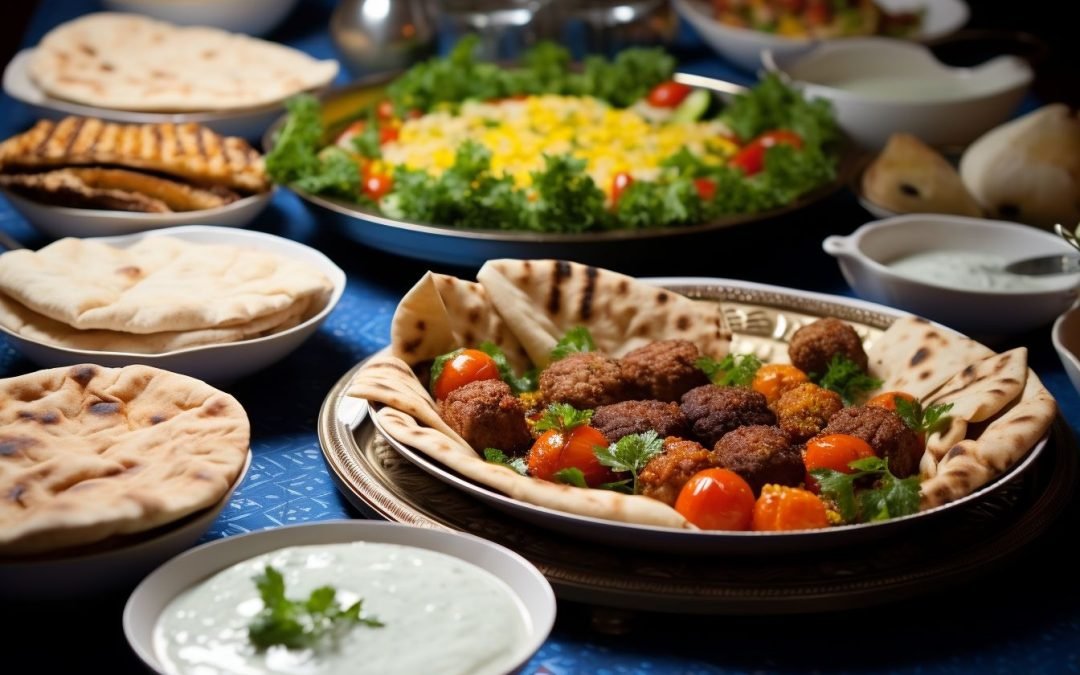Cooking has been a fundamental human activity for thousands of years. From ancient times, people have used cooking to prepare food, preserve it, and make it more palatable. But cooking is not just about sustenance. Many people find that cooking is a therapeutic and rewarding activity that can bring a sense of happiness and fulfillment to their lives.
Recent studies have suggested that cooking can indeed increase happiness. A study published in the Journal of Positive Psychology found that people who cooked their meals more frequently reported feeling happier and more satisfied with their lives than those who relied on pre-packaged or restaurant meals. Cooking was found to be a form of mindfulness, allowing people to focus on the present moment and reduce stress and anxiety.
Cooking can also provide a sense of accomplishment and pride. Preparing a delicious meal for oneself or others can be a source of joy and satisfaction. Additionally, cooking can be a social activity, bringing people together to share food and conversation. Overall, cooking may be a simple yet effective way to boost happiness and well-being.
The Connection Between Cooking and Happiness
Cooking is a common activity that people engage in daily. It involves preparing food by following recipes or improvising to create new dishes. While cooking is primarily a means to an end, studies have shown that it can also increase happiness.
Cooking is a form of self-expression that allows individuals to exercise creativity. When cooking, individuals can experiment with new ingredients and techniques, leading to a sense of accomplishment when the dish turns out well. This sense of accomplishment can boost self-esteem and lead to increased happiness.
Cooking can also be a social activity. When cooking for others, individuals can share their creations and receive feedback, which can increase feelings of connectedness and belonging. Cooking can also be a way to bond with family and friends, as it provides a shared experience and can create lasting memories.
In addition to the social benefits, cooking can also have physical benefits. Cooking meals at home can lead to healthier food choices, which can improve overall health and wellbeing. Eating a balanced diet can also lead to increased energy levels, which can contribute to greater feelings of happiness.
Overall, cooking can be a simple yet effective way to increase happiness. Whether cooking alone or with others, the act of preparing food can provide a sense of accomplishment, connectedness, and improved health.
Psychological Benefits of Cooking
Cooking is not only a basic necessity of life but also a great source of happiness. It is a way of expressing creativity and emotions. Cooking provides a sense of accomplishment and mindfulness, which can lead to a happier life. In this section, we will discuss the psychological benefits of cooking.
Creativity Expression
Cooking is a creative activity that allows individuals to express themselves. It provides a platform for experimenting with different ingredients, flavors, and cooking techniques. This creativity can lead to a sense of satisfaction and happiness. Cooking gives individuals the freedom to create something unique and personal. It is also a way to connect with others by sharing their creations with family and friends.
Sense of Accomplishment
Cooking provides a sense of accomplishment that can lead to increased happiness. Preparing a meal from scratch requires planning, patience, and effort. When the meal is finished, it provides a sense of satisfaction and pride. This sense of accomplishment can boost self-esteem and confidence.
Mindfulness and Focus
Cooking requires focus and concentration, which can lead to mindfulness. Mindfulness is a state of being present and aware of one’s surroundings. When cooking, individuals must pay attention to the ingredients, cooking times, and temperatures. This focus can lead to a sense of calm and relaxation. Cooking can be a form of meditation, which can reduce stress and anxiety.
In conclusion, cooking has many psychological benefits that can lead to increased happiness. It provides a creative outlet, a sense of accomplishment, and mindfulness. These benefits can lead to a happier and healthier life.
Physical Benefits of Cooking
Cooking has various physical benefits that can contribute to an overall sense of happiness. Here are two significant ways that cooking can positively impact physical health:
Healthier Eating Choices
Cooking at home allows individuals to have control over what ingredients they use to prepare their meals. This control can lead to healthier eating choices, which can have a positive impact on overall health. By cooking meals at home, individuals can avoid the added sugars, unhealthy fats, and excessive sodium found in many processed and restaurant-prepared foods.
Additionally, cooking at home allows individuals to incorporate more fruits, vegetables, and whole grains into their diet. These nutrient-dense foods provide essential vitamins and minerals that can support overall physical health.
Physical Activity
Cooking can also provide a form of physical activity. Preparing meals requires standing, chopping, stirring, and other movements that can contribute to daily physical activity levels. While it may not be a substitute for a structured exercise routine, cooking can be a way to incorporate more movement into daily life.
Furthermore, cooking at home can reduce the reliance on delivery or takeout options, which often involve minimal physical activity. By cooking meals at home, individuals can avoid the sedentary behavior associated with ordering in and instead engage in physical activity while preparing their food.
In summary, cooking can contribute to physical health in various ways. By making healthier eating choices and engaging in physical activity, individuals can experience the physical benefits of cooking.
Social Benefits of Cooking
Cooking not only provides physical nourishment but also has social benefits. It can bring people together, strengthen relationships, and create a sense of community. Here are some ways in which cooking can enhance social connections:
Bonding Over Food
Cooking and sharing meals with others can be a great way to bond and connect with family and friends. It provides an opportunity to spend quality time together, share stories, and learn about each other’s lives. Cooking together can also be a fun activity that encourages teamwork and communication.
Sharing and Giving
Cooking can also be a way to give back to others and contribute to the community. Sharing food with neighbors, friends, or those in need can create a sense of generosity and kindness. It can also be a way to express gratitude and appreciation for others.
In summary, cooking can have social benefits that go beyond just the food itself. It can bring people together, create a sense of community, and contribute to the well-being of others.
Case Studies and Research
Several studies have been conducted to explore the relationship between cooking and happiness. Here are some of the most notable ones:
- In a study published in the Journal of Positive Psychology, researchers found that people who frequently engaged in creative activities, such as cooking, reported higher levels of well-being and flourishing than those who did not. The study also found that the positive effects of creative activities on well-being were more pronounced for people who engaged in them during their free time rather than as part of their job.
- Another study published in the International Journal of Humanities and Social Science Research found that cooking can have a therapeutic effect on people with depression and anxiety. The study found that cooking helped participants to feel more in control of their lives and to experience a sense of accomplishment, which in turn led to improved mood and reduced symptoms of depression and anxiety.
- A survey conducted by the Food Network found that 87% of respondents felt happier when they cooked at home compared to eating out. The survey also found that cooking at home was associated with a greater sense of accomplishment, a feeling of being in control of one’s diet, and the ability to customize meals to one’s liking.
- In a study published in the Journal of Culinary Science and Technology, researchers found that people who cooked meals from scratch had a greater appreciation for the food they were eating and were more likely to savor the flavors and textures of the food. The study also found that people who cooked from scratch had a greater sense of pride in their cooking skills and were more likely to share their creations with others.
Overall, these studies suggest that cooking can have a positive impact on happiness and well-being. However, it’s important to note that cooking is not a cure-all for mental health issues and that individual experiences may vary.
Conclusion
In conclusion, cooking can increase happiness for many people. It provides a sense of accomplishment and pride in creating something from scratch. Cooking can also be a form of self-expression and creativity, allowing individuals to experiment with different flavors and ingredients.
Furthermore, cooking can be a social activity, bringing people together to share a meal and create memories. It can also be a form of self-care, as preparing and enjoying a nutritious meal can improve one’s overall well-being.
However, it is important to note that cooking may not be enjoyable or feasible for everyone. Some individuals may find it stressful or time-consuming, while others may not have access to the necessary resources or equipment.
Overall, while cooking can increase happiness for many, it is important to find what works best for each individual and to prioritize self-care and enjoyment in the process.




